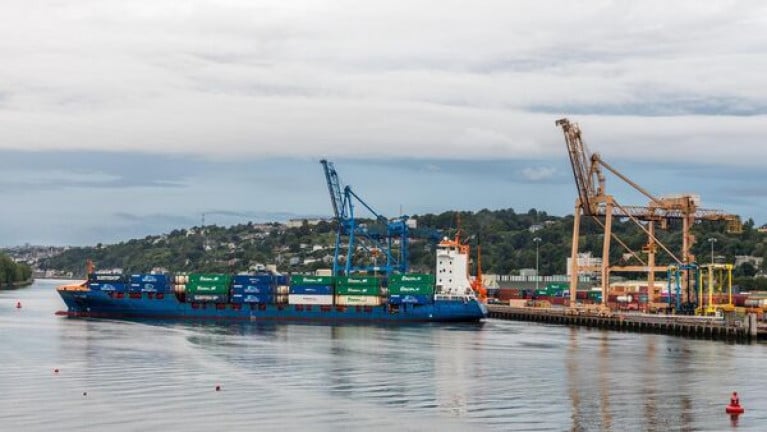Displaying items by tag: Exports Rise
Exports of goods rose by €1.1bn to Britain, and imports fell by €2.5bn, in the first six months this year, as companies rushed to adjust their supply chains across the Irish Sea following December's hard Brexit deal.
At over €6.7bn, the total value of goods exports to Britain was up by €1.1bn in the first half of the year from the same period in 2020, while imports from Britain fell sharply, by €2.5bn to €5.3bn.
The CSO figures may also point to changes in supply chains within the island of Ireland and potentially to a strengthening of the all-Ireland economy.
According to the CSO, exports to the North form the Republic rose to over €1.5bn in the first six months from €1.1bn a year earlier, while imports also rose to €1.7bn in the same period from around €1bn a year earlier.
In June, exports to Britain rose by €575m to €1.4bn from June 2020, helped by increases in chemicals and machinery, while imports in the month from Britain fell by €213m to €1bn.
The CSO figures also point to the overall disruption caused by the Covid-19 crisis, as Irish exports to the EU fell, and imports rose by a significant amount over the same period.
More from the Irish Examiner here.
























































